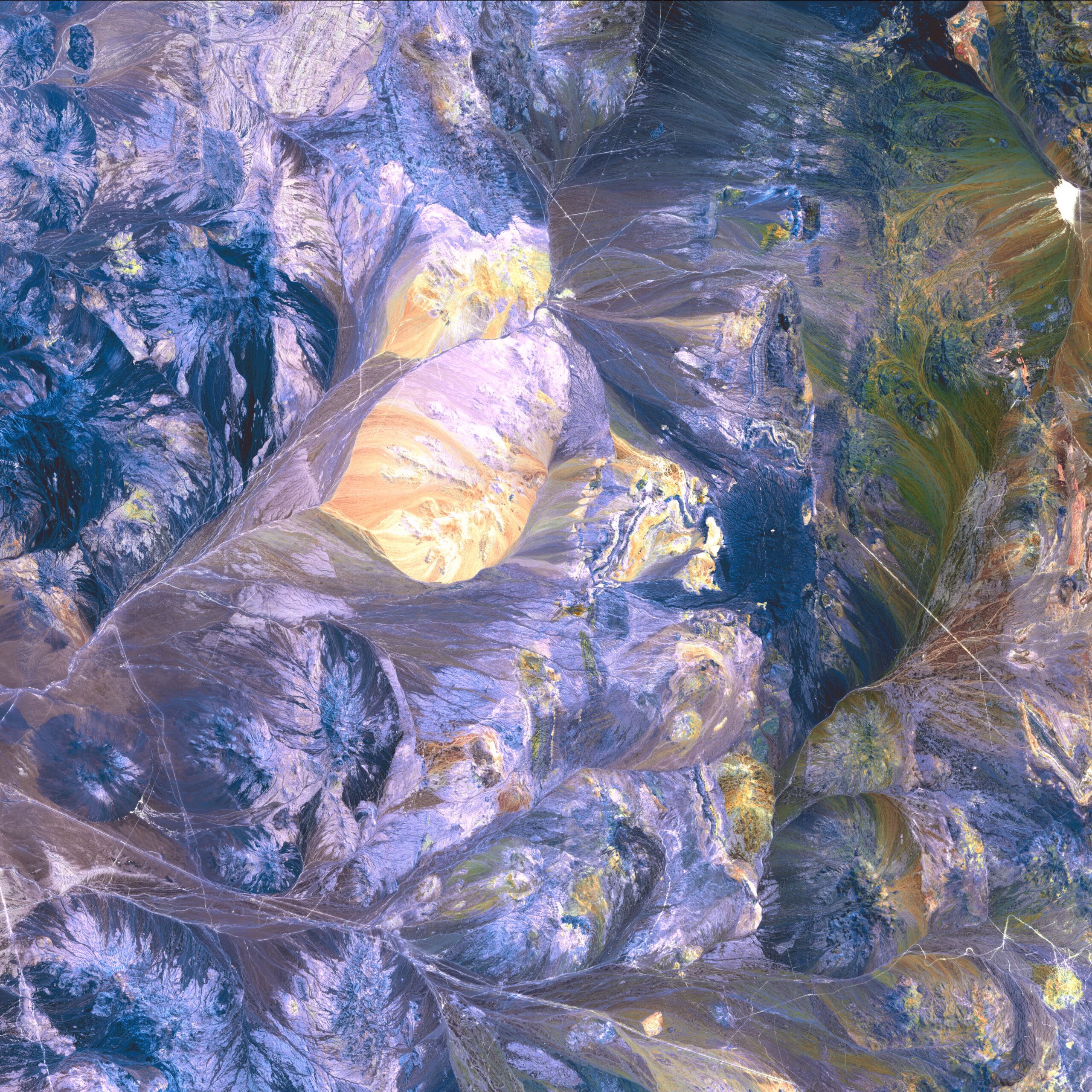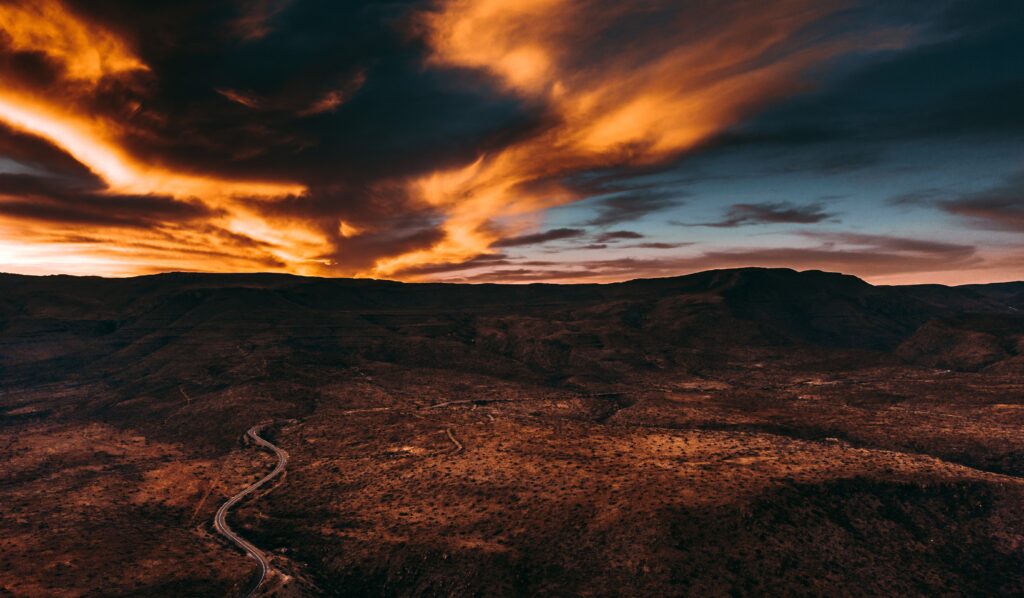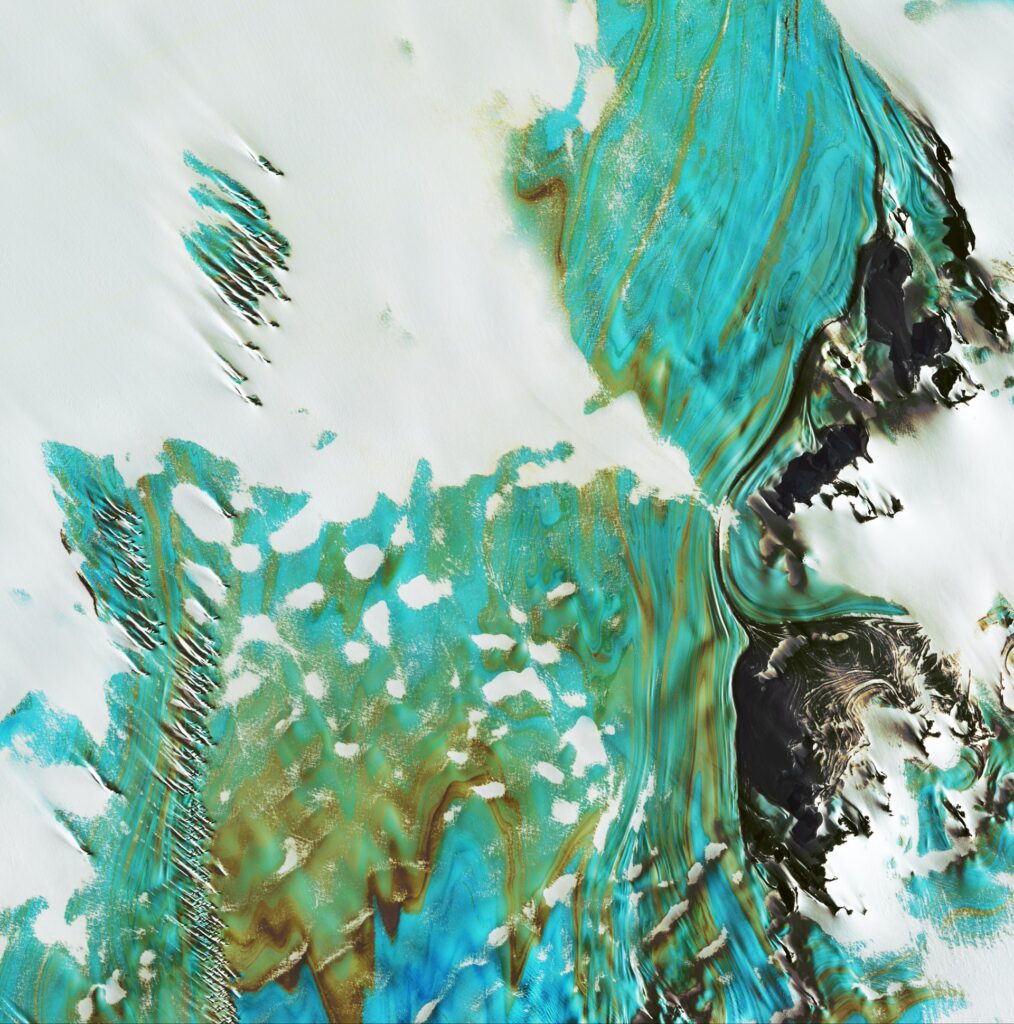New Earth Histories is delighted to host Dr Andrea Westermann as a Visiting Fellow in August 2023.
Dr Westermann is a specialist in the history of the history of earth sciences, environmental history, environmental migration, and the history of material culture. She has been a contributor to the Anthropocene Curriculum and her research on plastic, geopolitics, resource economies, and writing history in the Anthropocene has been published in Contemporary European History, Environment and History, and Geschichte und Gesellschaft. She is working on a book manuscript titled Moving Mountains: Earth Matters Between Terrestrial and Social Scales. Dr Westermann is currently Senior Researcher and Lecturer at the University of Konstanz and has held numerous fellowships at the Max Planck Institute for the History of Science.
While in Sydney, Dr Westermann will be working closely with Prof Alison Bashford, Prof Pratik Chakrabarti and Dr Jarrod Hore on the Gondwana/Land Project, helping to frame and develop a collection of chapters based on the 2022 conference Reconnecting Gondwanaland. She will also deliver a public lecture at the State Library of New South Wales on August 15 and coordinate an Early-Career Masterclass on History in and of the Anthropocene on August 10. If you’re interested in attending either of these events please see below for details and registration pages.
PUBLIC LECTURE: ENTIRELY NEW AND VERY OLD WATER
5pm-8pm AEST: A free public lecture followed by drinks in the Macquarie Room
How have humans altered the environmental relationships between the Atacama Desert and the waters of the Andes and the Pacific?
This talk addresses the entangled histories and elemental shifts of the Atacama mining desert in northern Chile, one of the driest places in the world. Though the desert’s industry has been making crucial contributions to national income for two centuries, Chileans have positioned the region as their faraway periphery. Today, the desert “wanders south,” encroaching both climatically and ideologically on Chilean society. Chile’s temperate central provinces including the capital of Santiago have in recent years felt the tightening grip of extreme drought. In this context Chilean citizens discuss drafting a new constitutional paragraph to protect glacial and permafrost environments in order to maintain the little ground water there is in the desert’s aquifers. Moreover, cities on the edge of the desert have been marked out for desalination plants. Like the constitutional reforms, this public sector infrastructure binds the desertic north of Chile to the country at large. In her talk, historian Andrea Westermann gives a fuller picture of these entangled histories and explains the elemental shifts in the Atacama mining desert’s relations not only with Chile but also with its neighbouring landscapes, the Pacific, and the Andes.
MASTERCLASS: WRITING HISTORY IN AND OF THE ANTHROPOCENE
10am-1.30pm AEST, 10 August: A half-day workshop at UNSW hosted by the New Earth Histories and Science and Society Research Groups
How to write history in and of the Anthropocene?
This workshop, hosted by Dr Andrea Westermann and UNSW, offers a close reading of historical source material and research threads that went into the making of her article “Enrichment and Dilution in the Atacama Mining Desert”. In the second part of the event, we will look at the structure and arguments of this essay. We will also take the text as a starting point to discuss possible ways to become more “earth-attuned” in our own research projects.
Historians have only just started to study the archive of the terrestrial. Even historians of geology – focused on Earth and aware of its omnipresence in textual, oral, institutional and material repositories – have for a long time been overly selective. Only recently has the field begun to turn away from a long-prevailing cultural history approach, of which Martin Rudwick is arguably the most eminent practitioner. His seminal studies Bursting the Limits of Time (2005) and Worlds before Adam (2008) describe how early nineteenth-century scholars furnished Earth with not only a past but a contingent, unique history. Rudwick’s books emphasise how important geologists’ separation of geohistory from history – their sharp division between nature and culture – was to establishing the historical discipline as a humanist science. His work thus offered the profession a well-argued platform for critical self-reflection. Moreover, his attention to the practical circumstances of knowledge-making has allowed historians of all stripes to better grasp geology’s outstanding political and economic meanings. Yet, as a result, historians were put in a position to notice and assess the lacunae and perspectives Rudwick chose not to pursue. Coalescing with the rise of global and postcolonial history, this realisation has decidedly informed the trend towards political histories of geology.
This trend equally has to do with certain themes falling in and out of fashion in scholarly research – for geology, of course, has been political from its very beginnings. And it is not only recently that ‘Earth science became social science,’ as Naomi Oreskes neatly put it when addressing experts in climate science and earthquake mitigation in regard to the societal expectations around their disciplines. Geology originated as a state (or cameralist) science, one contracted to survey and manage a territory’s mineral resources, including fossil fuels and monetary metals. The political character of mining helped establish and reshape the disciplinary field of (nation-states’) social history in the 1970s, when miners and their labour unions took the spotlight as powerful actors in the making not only of an industrialised economy but also the modern welfare state or democratic principles. Timothy Mitchell’s Carbon Democracy: Political Power in the Age of Oil stands on the shoulders of these findings. Today’s new wave of case studies on mining and extraction encompass imperial ‘resource frontiers’, thereby, again, analysing and underscoring geology’s genuinely political dimensions. In addition to an uptick in mining historians eager to unearth the unequally distributed benefits and costs (health, wealth, environmental) of resource extraction, some scholars have turned their attention to making history tout court a more Earth-attuned endeavour, as I want to call it.
Dr Westermann’s visit is supported by the Faculty of Arts, Design and Architecture, UNSW and co-sponsored by New Earth Histories and the Science and Society Research Group, School of Humanities and Languages. The header is a satellite image of the Atacama Desert in Northern Chile, care of the United States Geological Survey.
If you’re interested in any of these events or have any questions please contact Dr Jarrod Hore, Postdoctoral Fellow and Co-Director, New Earth Histories, at j.hore@unsw.edu.au



